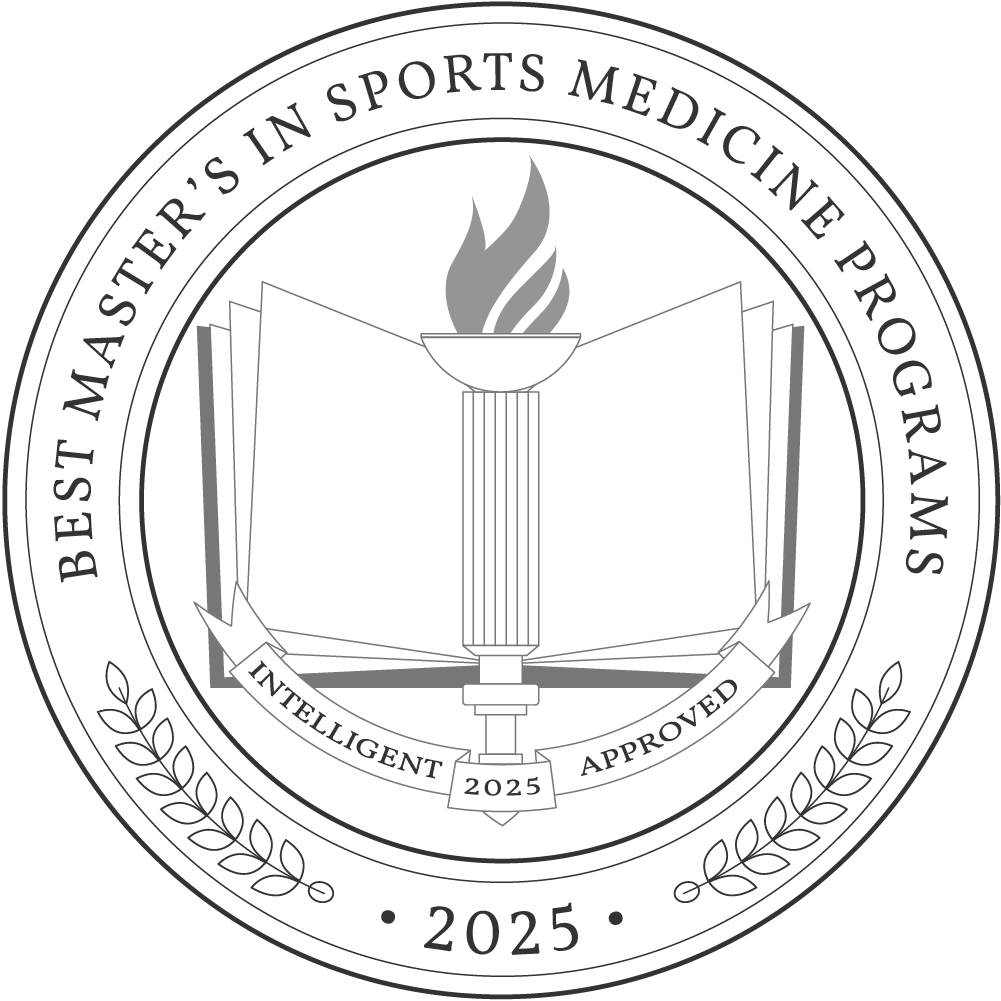In the field of sports medicine, a master’s degree program equips students with the knowledge and skills necessary to promote the health and well-being of athletes. Graduates are prepared for roles such as athletic trainer, sports medicine physician, physical therapist, or exercise physiologist. According to data from the Bureau of Labor Statistics, athletic trainers earn an average salary of $57,930 per year. Sports medicine physicians, who may need further education beyond their master’s degree, earn significantly higher, averaging $239,200 per year.
The program typically spans two to three years, depending on factors such as full-time or part-time enrollment and prior coursework. Cost varies based on several characteristics, but the National Center for Education Statistics reports an average expense of $12,000 to $30,000 for master’s degree programs. This is based on factors such as type of institution (public or private), residency status, and program features.
Why Trust Us
The Intelligent.com Higher Education Team is dedicated to providing students with independent, equitable school and program rankings and well-researched resources. Our expert-driven articles cover topics related to online colleges and programs, paying for school, and career outlooks. We use data from the U.S. Department of Education’s College Scorecard, the National Center for Education Statistics, and other reputable educational and professional organizations. Our academic advisory team reviews content and verifies accuracy throughout the year for the most current information. Partnerships do not influence rankings or editorial decisions.
- Analyzed over 2,000 national, accredited, and nonprofit colleges and universities
- 800+ rankings pages are reviewed and updated yearly
- Content is informed by reputable sources, surveys, and interviews with academic advisors and other experts
- Over 100 data points are reviewed for accuracy and quality throughout the year, including sources
How we rank schools
Our list features the best Sports Medicine degree programs at top colleges nationwide. Each school featured is a nonprofit, accredited institution — either public or private — with a high standard of academic quality for post-secondary institutions.
We evaluated each school’s program on tuition costs, admission, retention and graduation rates, faculty, reputation, and the student resources provided for online students. We collected data from trusted sources like the National Center for Education Statistics, individual school and program websites, school admissions counselors, and other data sources. Then, we calculated the Intelligent Score on a scale of 0 to 100 based on the following criterion:
Academic Quality:
- Admission rate versus enrollment rate
- Retention rate of students who return after year one
- Accreditation status (regional and programmatic)
- Nonprofit status, both private and public institutions
Graduation Rate
- Overall graduation rate
- Total number of currently enrolled students, including diversity metrics
- Student-to-faculty ratio
Cost and ROI
- In-state and out-of-state per-credit tuition rates and fees
- Required credits to graduate
- Earning potential after graduation
- Availability of federal student loans, scholarships, and other financial aid options
Student Resources
- Available student services for online-only and hybrid programs
- On-campus amenities like tutoring centers and the number of libraries
Read more about our ranking methodology.
Best 39 Accredited Master’s in Sports Medicine Degree Programs
FiltersInstitution Type
Status
- Intelligent Score
- Alphabetically By University Name
- Acceptance Rate
- Enrollment
- In-state Graduate Tuition
- Out-of-state Graduate Tuition
- In-state Undergraduate Tuition
- Out-of-state Undergraduate Tuition
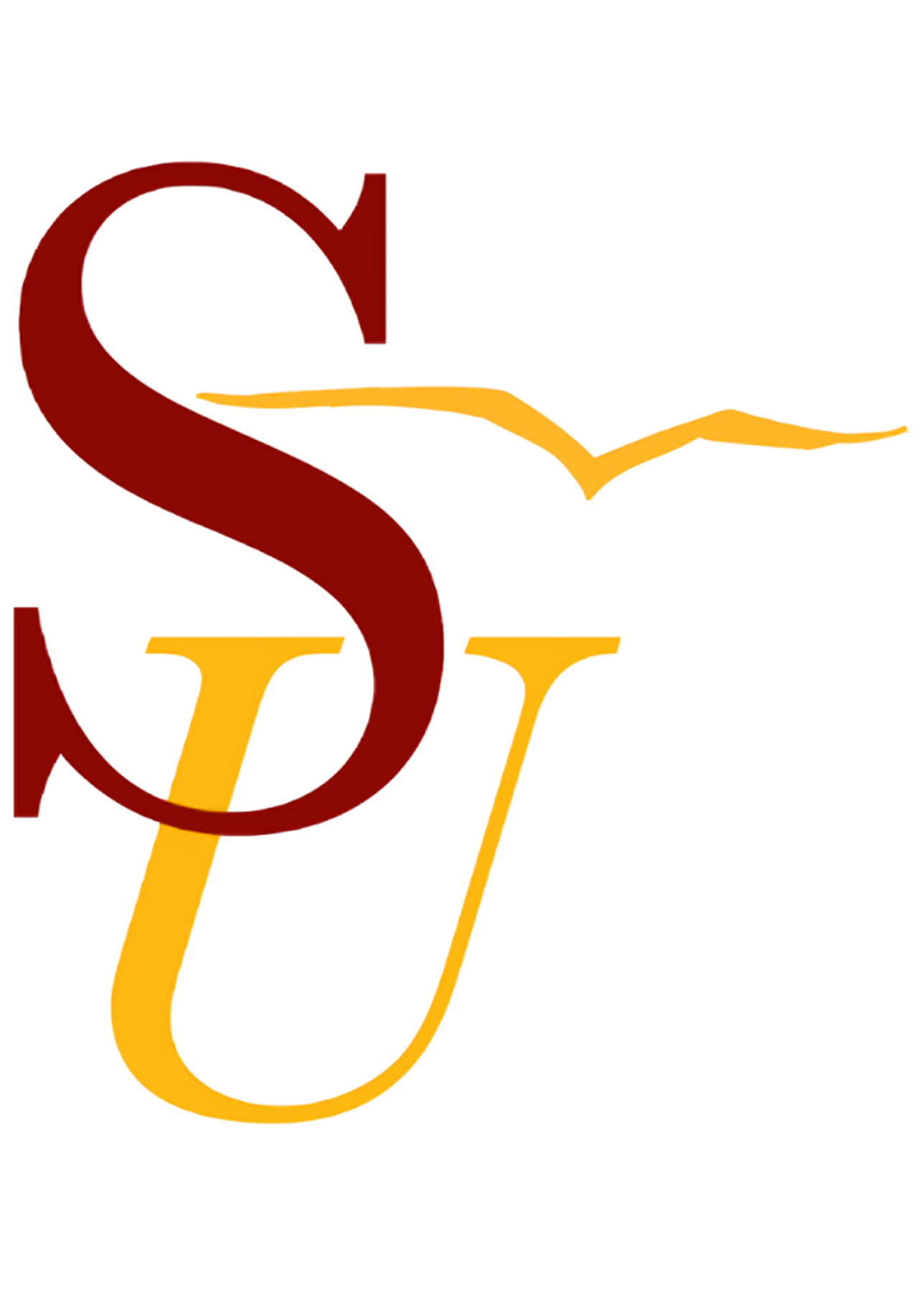
Salisbury University
Intelligent Score: 99.46In-state: $7,264
Out-of-state: $17,330
In-state: $8,769
Out-of-state: $8,769
SAT: N/A
ACT: N/A
Resident: $436 Non-Residents: $790
On-Campus
Middle States Commission on Higher Education
36
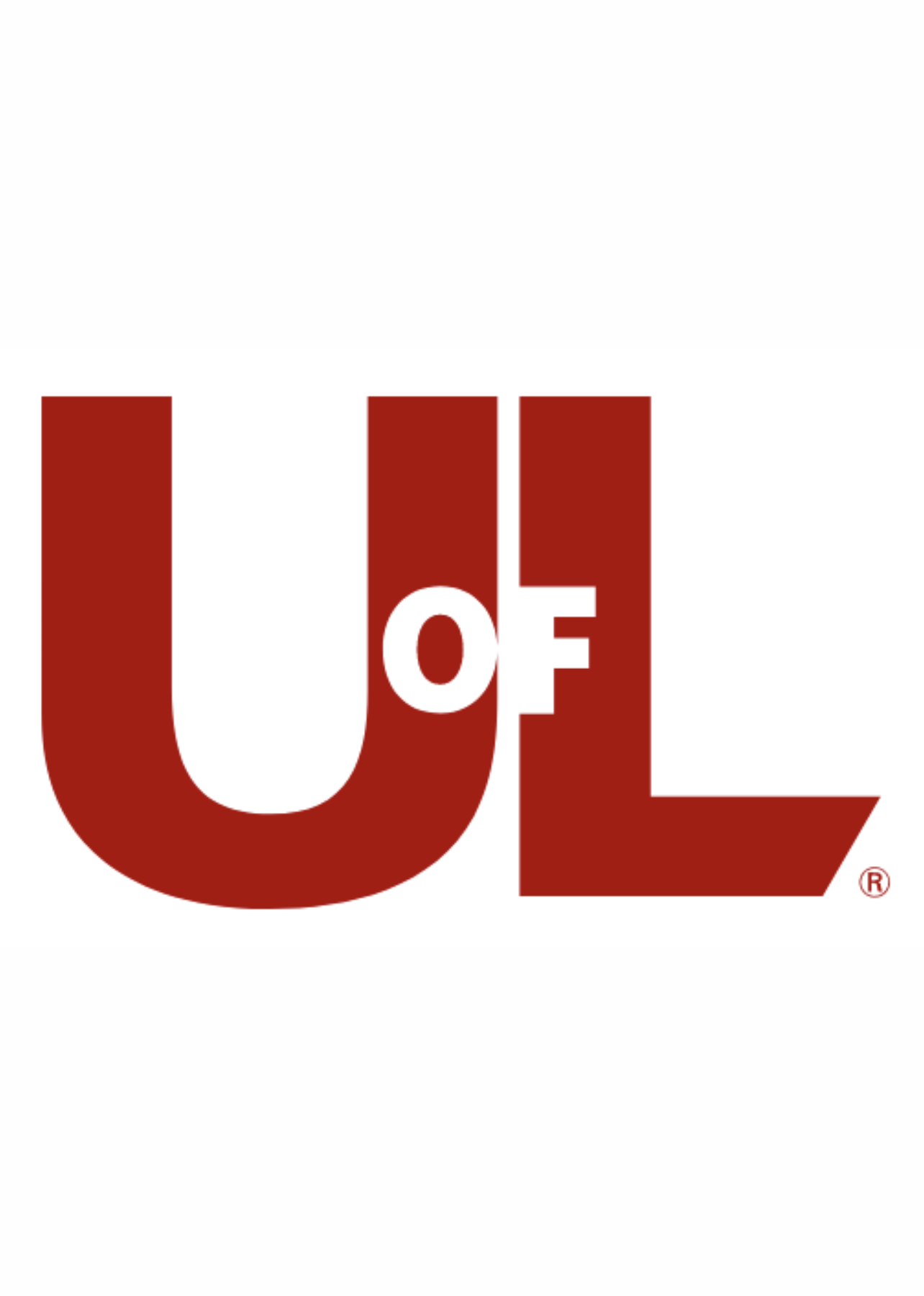
University of Louisville
Intelligent Score: 99.45In-state: $11,966
Out-of-state: $28,312
In-state: $13,260
Out-of-state: $13,260
SAT: 1050-1270
ACT: 21-28
Resident: $791 Non-Residents: $1,606
On-Campus, Online, Hybrid
Southern Association of Colleges and Schools Commission on Colleges
36
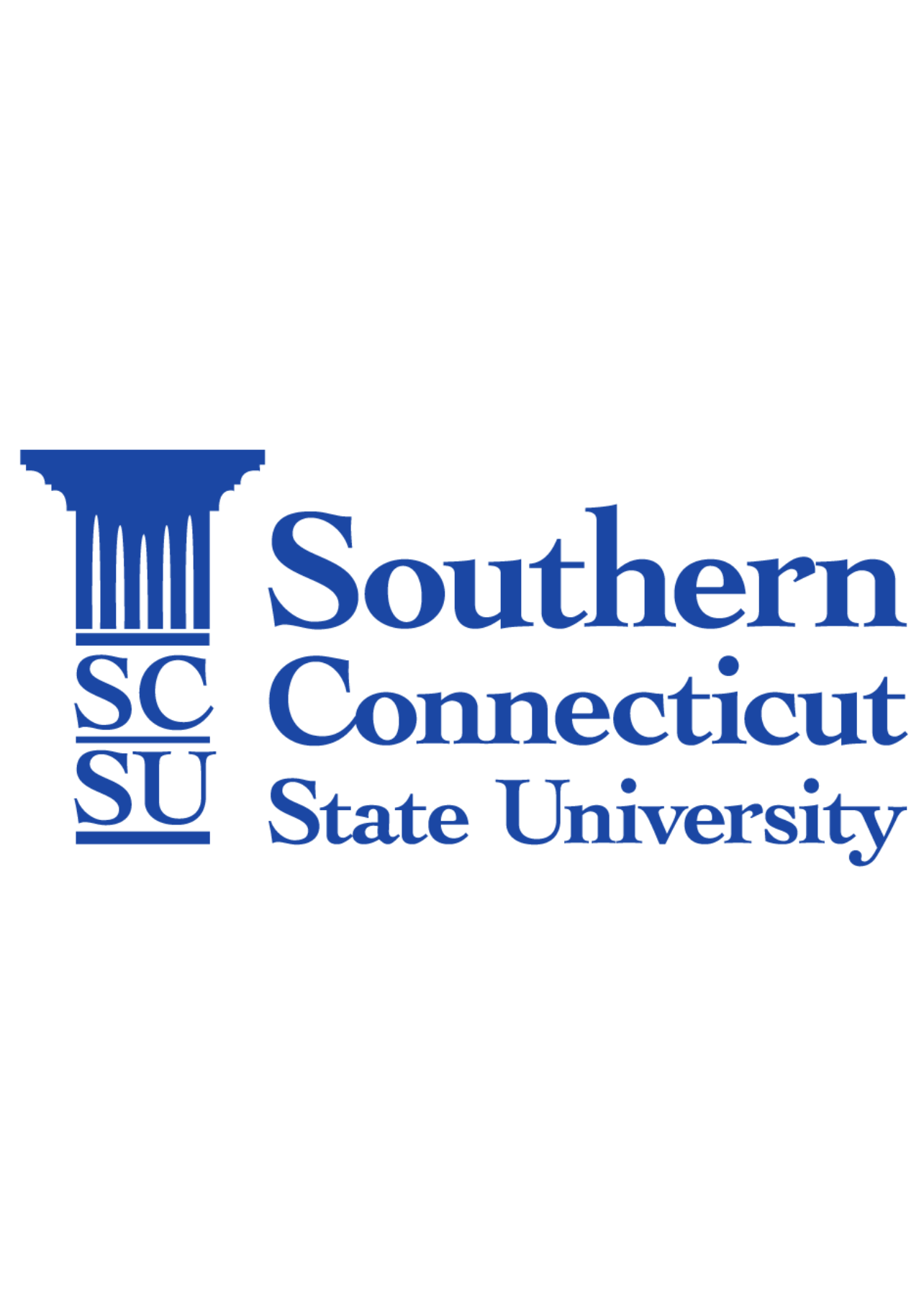
Southern Connecticut State University
Intelligent Score: 97.62In-state: $6,162
Out-of-state: $18,436
In-state: $7,865
Out-of-state: $7,865
SAT: N/A
ACT: N/A
Resident: $484 Non-Residents: $1,247
On-Campus
New England Commission of Higher Education
30-34

The University of North Carolina at Charlotte
Intelligent Score: 97.38In-state: $7,019
Out-of-state: $34,198
In-state: $10,552
Out-of-state: $10,552
SAT: 1280-1490
ACT: 28-33
Resident: $248 Non-Residents: $1,058
On-Campus
Commission on Accreditation of Athletic Training Education
58

Appalachian State University
Intelligent Score: 96.57In-state: $4,242
Out-of-state: $19,049
In-state: $4,839
Out-of-state: $4,839
SAT: 1070-1240
ACT: 22-27
Resident: $291 Non-Residents: $1,217
On-Campus
Southern Association of Colleges and Schools Commission on Colleges
36
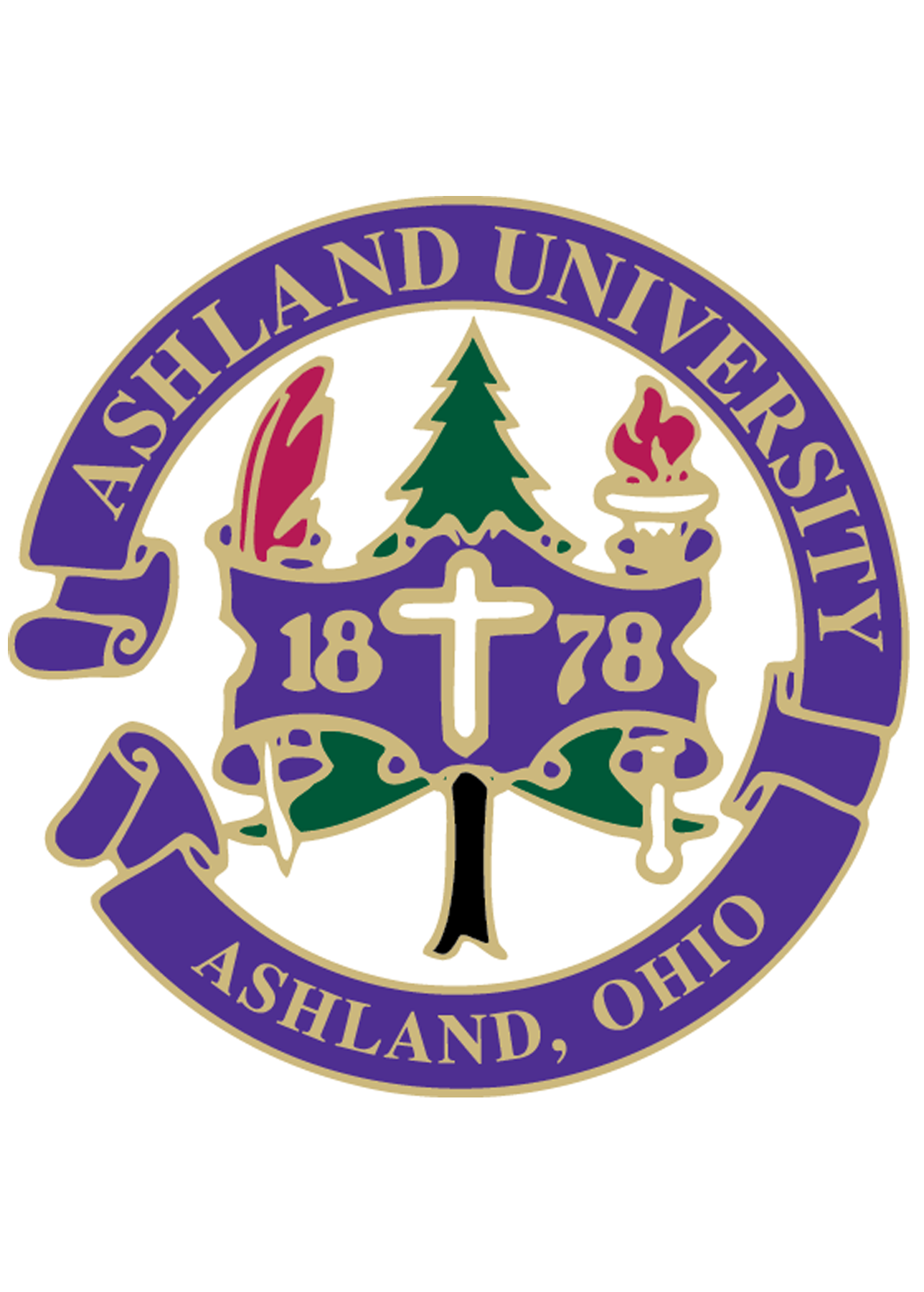
Ashland University
Intelligent Score: 96.44In-state: $22,000
Out-of-state: $22,000
In-state: $6,444
Out-of-state: $6,444
SAT: 1000-1208
ACT: 19-24
$690
On-Campus, Online
Higher Learning Commission
33

University of Central Florida
Intelligent Score: 95.83In-state: $4,478
Out-of-state: $19,810
In-state: $6,916
Out-of-state: $6,916
SAT: 1160-1340
ACT: 25-30
$288
On-Campus
Commission on Accreditation of Allied Health Education Programs
30-33
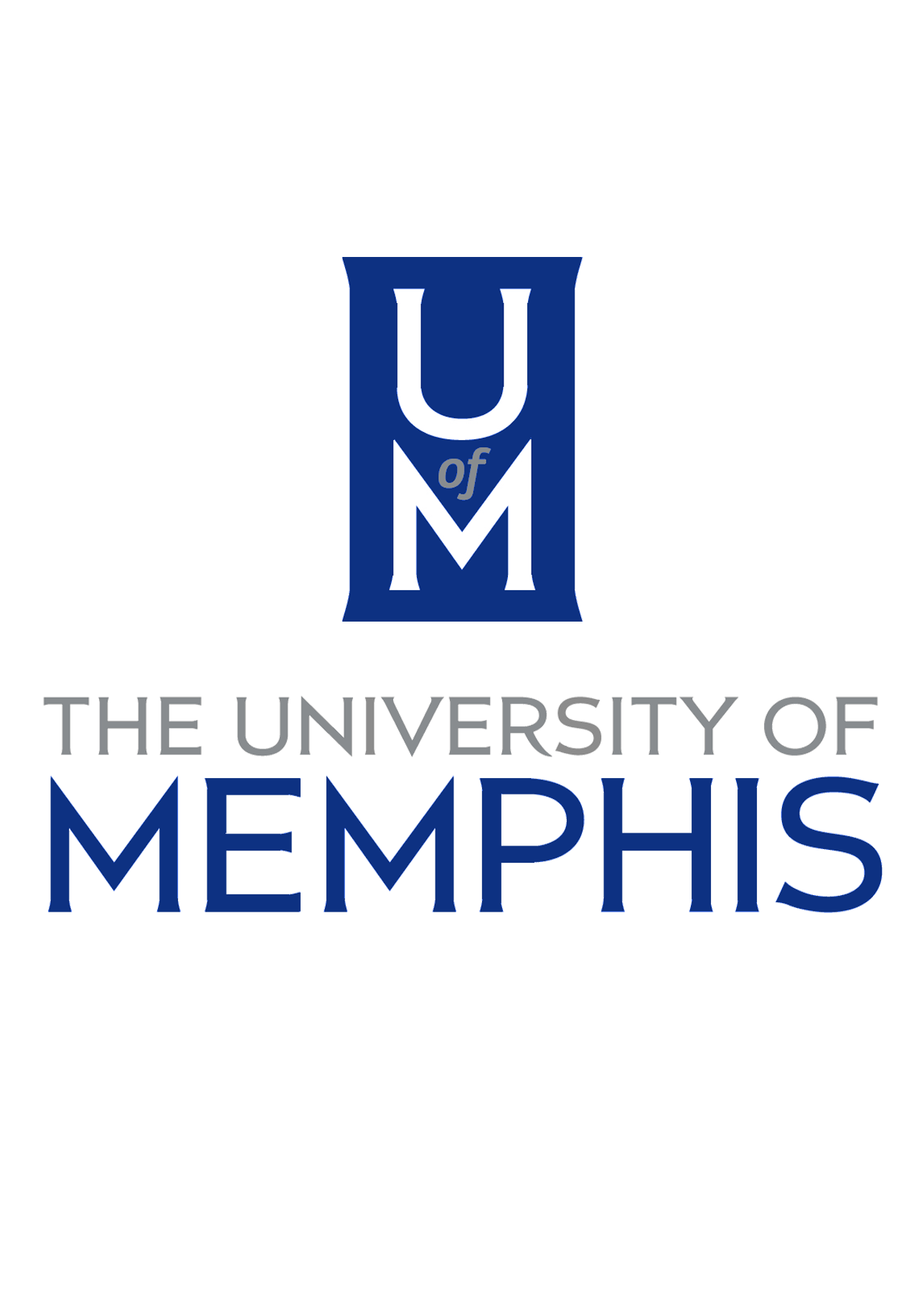
University of Memphis
Intelligent Score: 95.17In-state: $8,208
Out-of-state: $12,048
In-state: $9,216
Out-of-state: $9,216
SAT: 990-1200
ACT: 19-26
Resident: $532 Non-Residents: $775
On-Campus
Southern Association of Colleges and Schools Commission on Colleges
36
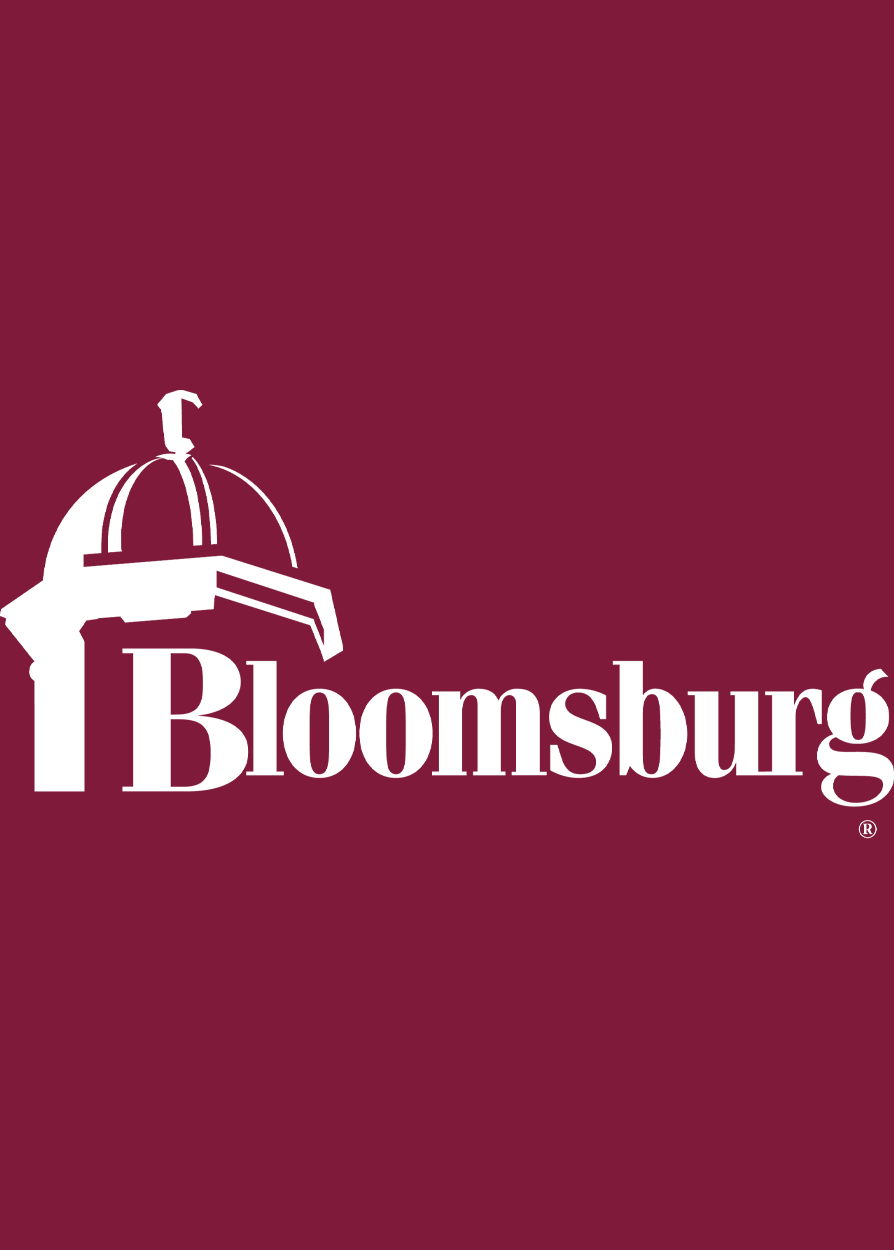
Bloomsburg University
Intelligent Score: 92.72In-state: $27,655
Out-of-state: $39,687
In-state: $28,408
Out-of-state: $28,408
SAT: NA
ACT: NA
Resident: $516 Non-Residents: $774
On-Campus
Commission on Accreditation of Allied Health Education Programs
36
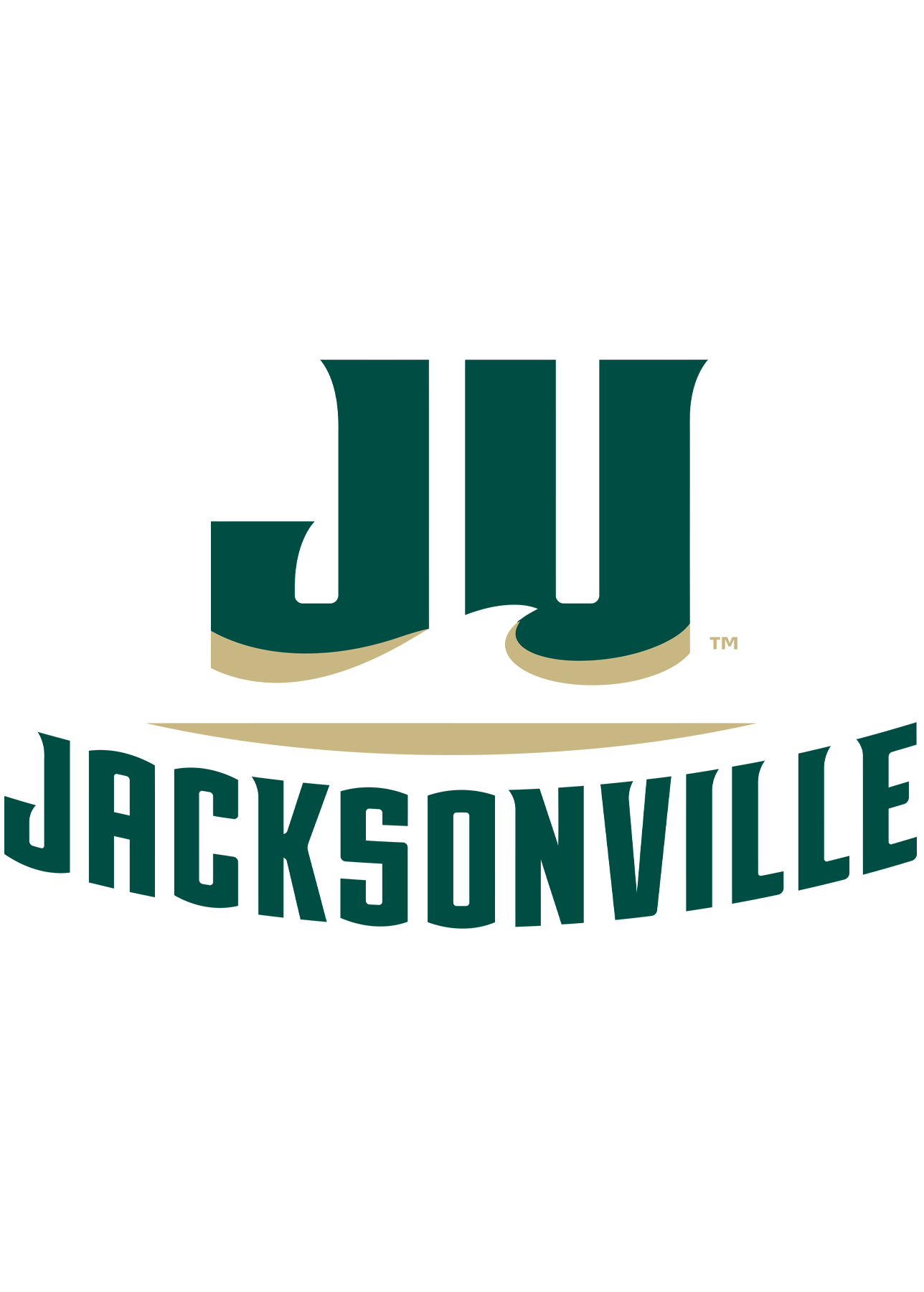
Jacksonville University
Intelligent Score: 92.59In-state: $39,900
Out-of-state: $39,900
In-state: $14,742
Out-of-state: $14,742
SAT: N/A
ACT: 18-26
$780
On-Campus
Southern Association of Colleges and Schools Commission on Colleges
32-35
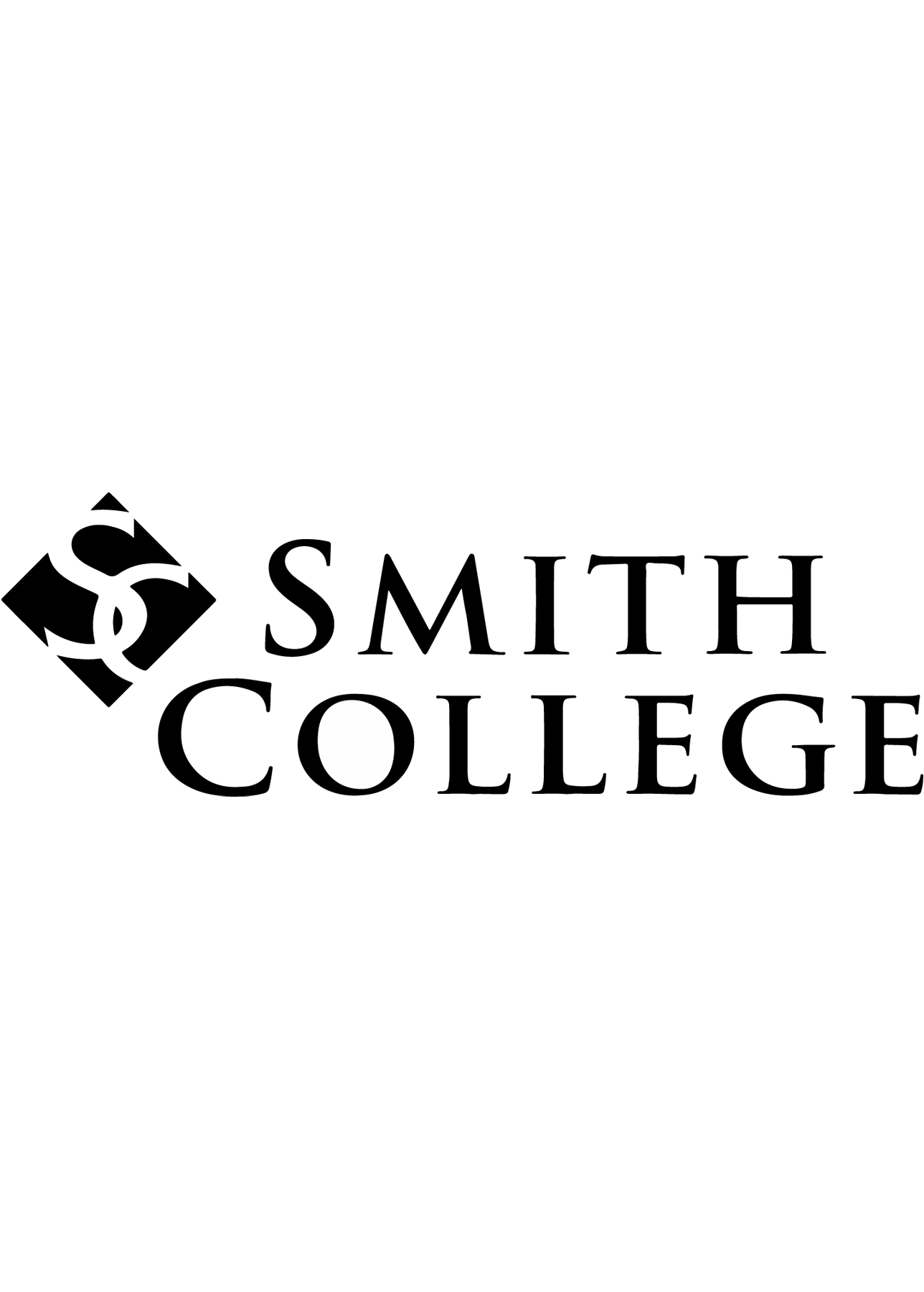
Smith College
Intelligent Score: 92.21In-state: $53,940
Out-of-state: $53,940
In-state: $53,940
Out-of-state: $53,940
SAT: N/A
ACT: N/A
$1,910
On-Campus
National Committee for the Accreditation of Coaching Education
53

Georgia Southern University
Intelligent Score: 90.89In-state: $4,371
Out-of-state: $15,425
In-state: $4,986
Out-of-state: $4,986
SAT: 993-1170
ACT: 18-24
Resident: $277 Non-Residents: $1,105
On-Campus
Southern Association of Colleges and Schools Commission on Colleges
36
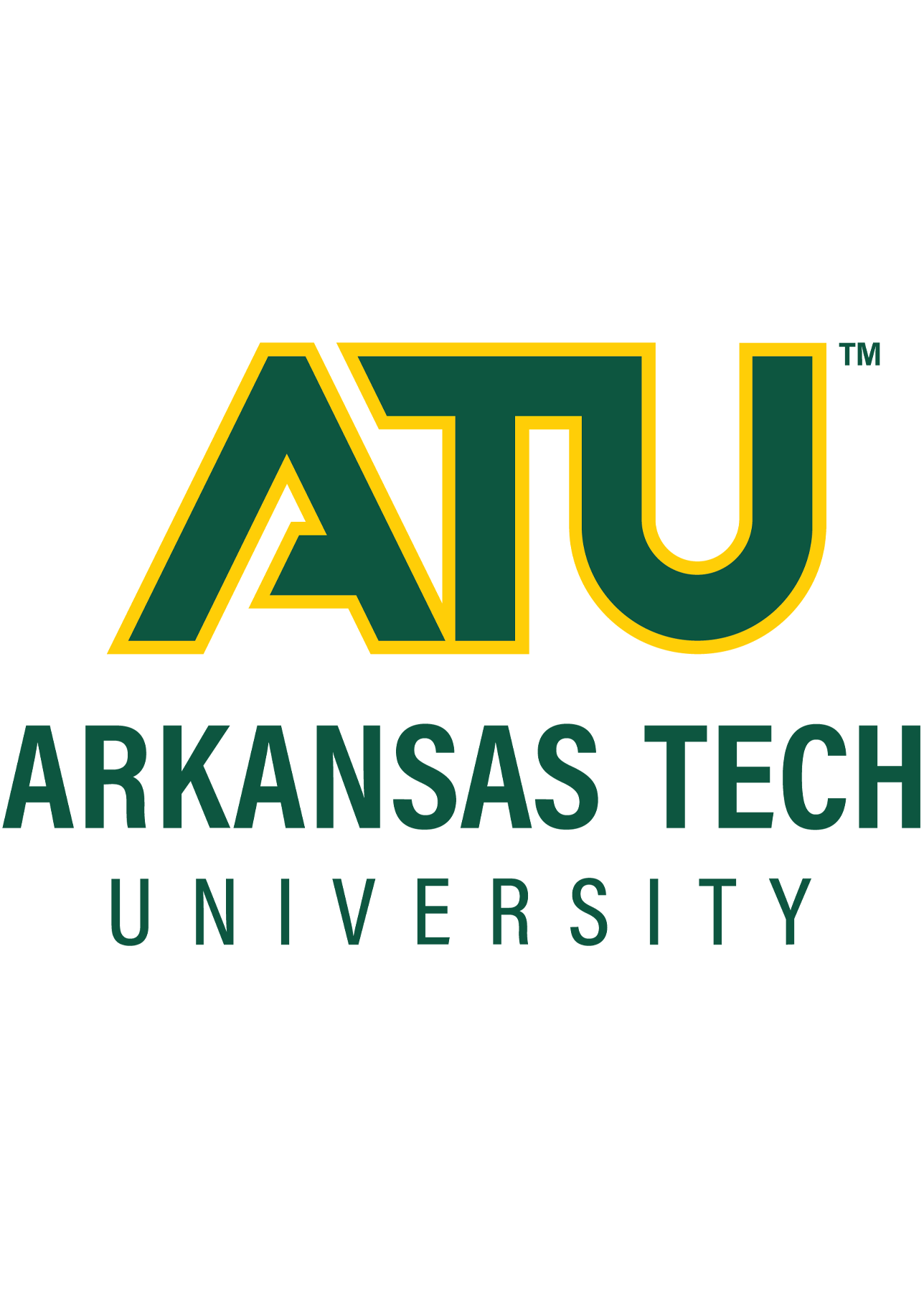
Arkansas Tech University
Intelligent Score: 89.15In-state: $5,568
Out-of-state: $11,136
In-state: $5,256
Out-of-state: $5,256
SAT: N/A
ACT: N/A
$315
On-Campus, Online, Hybrid
Higher Learning Commission
33
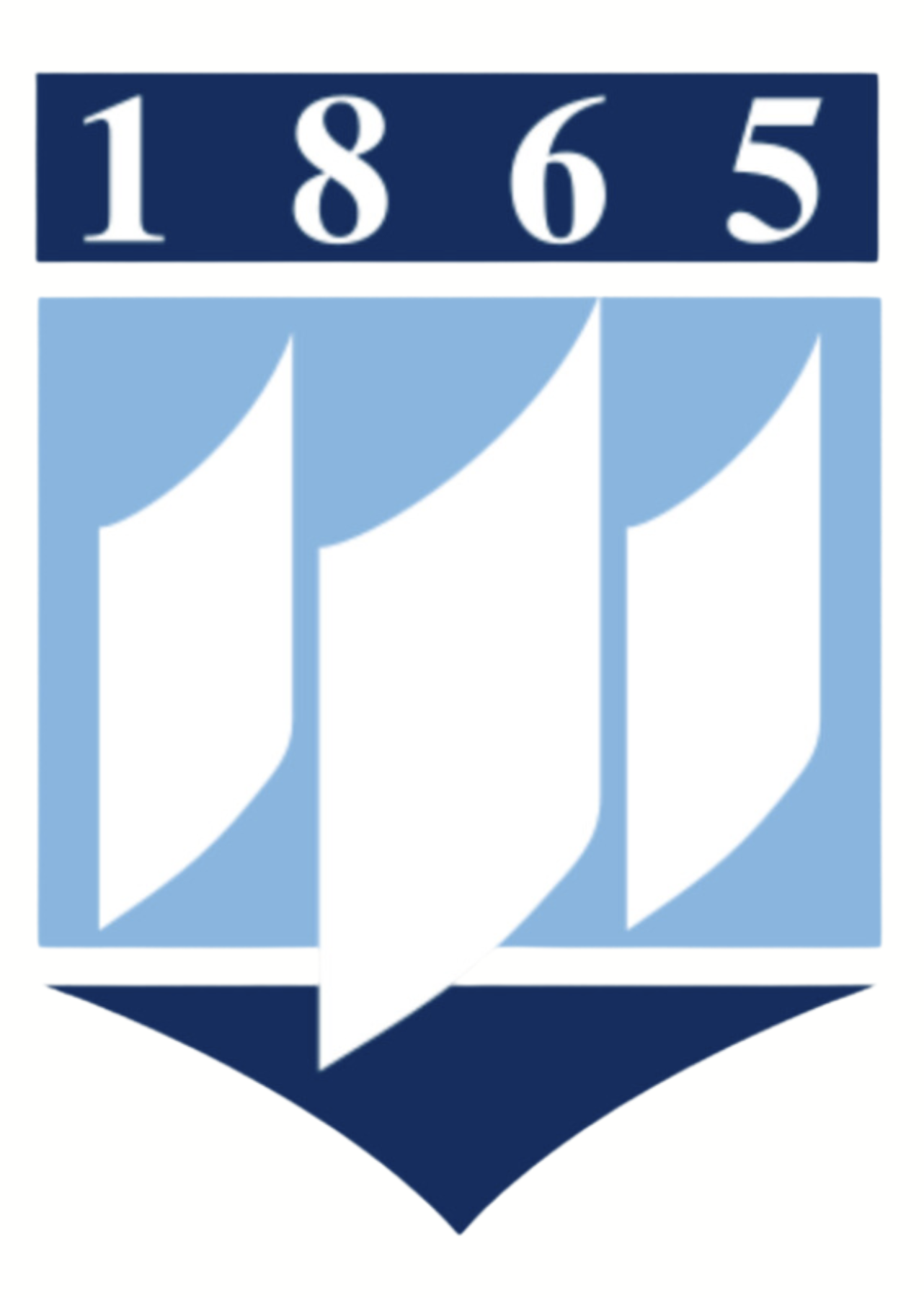
University of Maine – Orono
Intelligent Score: 89.15In-state: $9,240
Out-of-state: $30,030
In-state: $8,298
Out-of-state: $8,298
SAT: N/A
ACT: N/A
Resident: $557 Non-Residents: $1,696
On-Campus
New England Commission of Higher Education
30-33

Ball State University
Intelligent Score: 89.05In-state: $9,482
Out-of-state: $26,470
In-state: $9,328
Out-of-state: $9,328
SAT: N/A
ACT: N/A
Resident: $524 Non-Residents: $1,152
On-Campus
Commission on Accreditation of Athletic Training Education
62
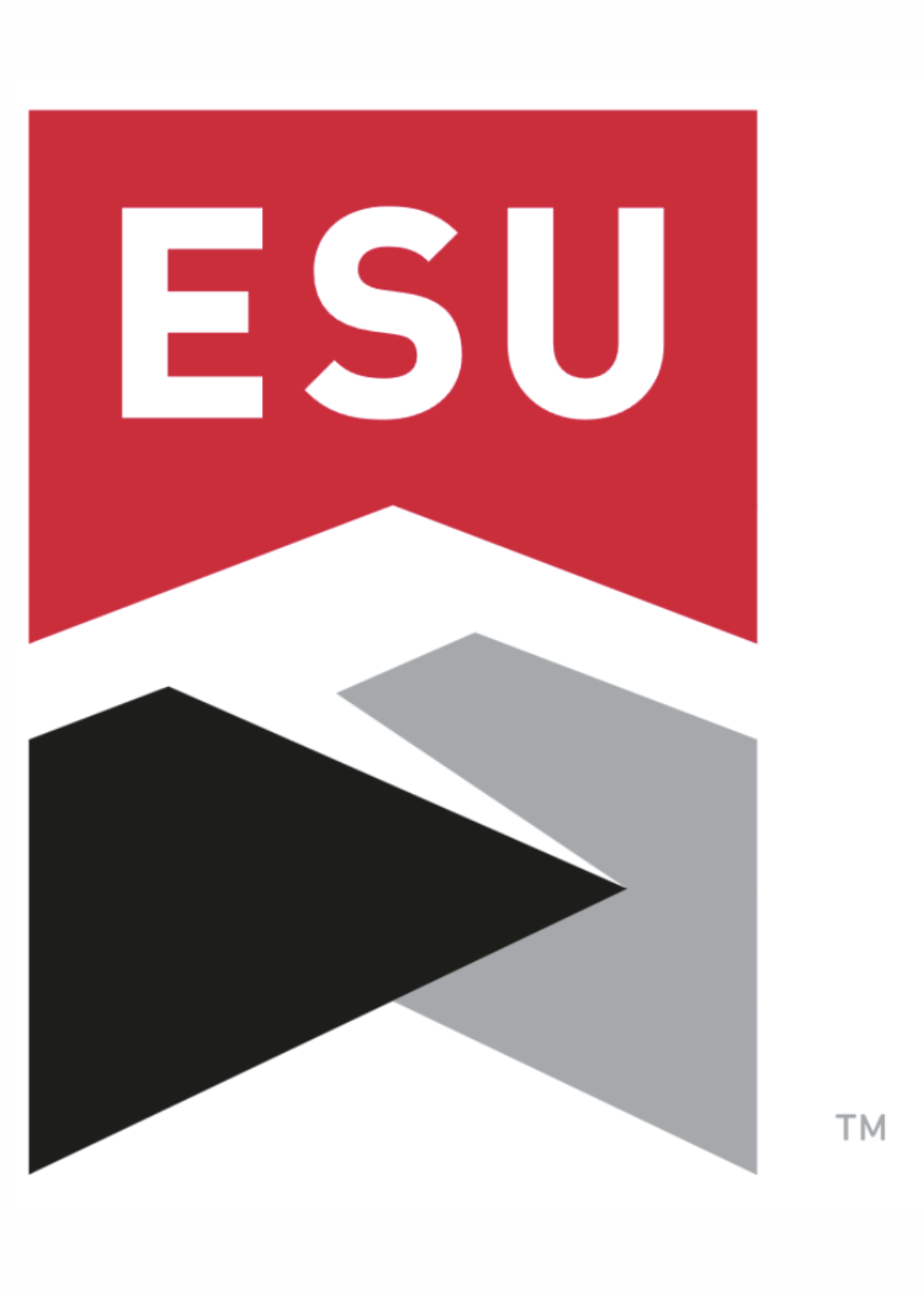
East Stroudsburg University
Intelligent Score: 88.7In-state: $8,288
Out-of-state: $16,576
In-state: $10,062
Out-of-state: $10,062
SAT: 900-1110
ACT: 16-23
Resident: $559 Non-Residents: $817
On-Campus
Commission on Accreditation of Allied Health Education Programs
35

Auburn University
Intelligent Score: 88.11In-state: $10,080
Out-of-state: $30,240
In-state: $10,080
Out-of-state: $10,080
SAT: 1160-1320
ACT: 25-31
Resident: $594 Non-Residents: $1,782
On-Campus
Southern Association of Colleges and Schools Commission on Colleges
33

University of Florida
Intelligent Score: 87.84In-state: $4,477
Out-of-state: $25,694
In-state: $10,770
Out-of-state: $10,770
SAT: 1290-1460
ACT: 29-33
Resident: $449 Non-Residents: $690
On-Campus
Southern Association of Colleges and Schools Commission on Colleges
30
How to Choose a Master’s in Sports Medicine Degree Program
Choose your area of study
Begin by exploring specializations such as athletic training, physical therapy, sports medicine, or exercise physiology. Consider factors like job market demand, salary prospects, and your passion for specific aspects of sports medicine. Research each specialization’s curriculum, faculty experience and available resources to ensure they match your career hopes. It is also helpful to reflect on your strengths, experiences, and long-term goals to guide your decision.
Research schools and programs
Begin by creating a list of accredited institutions offering the program. Avoid programs that do not have regional or national accreditations. Evaluate factors such as program reputation, faculty expertise, and available resources like laboratories or clinical facilities. Explore each school’s website to gather information on curriculum details, internship opportunities and alumni outcomes. Utilize online forums, educational publications, and alumni networks to gain insights into student perceptions of the program. Speak to admissions staff or program coordinators to get answers to your questions.
Prepare for tests and applications
Familiarize yourself with program-specific admission requirements, including standardized tests like the GRE. Dedicate time to study for these exams using study guides, practice tests, and online resources. If you are unsure of your test-taking abilities, consider hiring a tutor to work with you. Gather any necessary documents for the application such as transcripts, letters of recommendation, or a compelling personal statement highlighting your passion for the field. Note application deadlines and submit all materials as early as possible. Consider seeking feedback on your application materials from mentors or advisors to ensure they effectively showcase your qualifications.
Select your program
Once you have considered factors such as program accreditation, specialization options, and faculty expertise in sports medicine, evaluate all your likely programs. Look at each program’s curriculum and resources like laboratories or clinical facilities. Reflect on your career goals and preferred area of specialization, such as athletic training or physical therapy. If you wish to become a physician, ensure that your program has all the pre-med coursework that a doctoral program would require. Additionally, consider logistical factors like program location, format (online or on-campus), and cost.
Determine how you’ll pay for your degree
Complete the Free Application for Federal Student Aid (FAFSA) to determine eligibility for federal student loans, grants, and work-study programs. Research scholarships, fellowships, and assistantships offered by the school or by external organizations, such as professional sports medicine groups. Explore tuition reimbursement programs through employers or government agencies. Consider part-time work or internships in the field to gain experience and help pay for costs. Create a budget to manage expenses and prioritize financial aid options that minimize student debt.
What Can You Expect From a Master’s in Sports Medicine Degree Program?
A master’s degree program in sports medicine offers students a comprehensive education in the prevention, treatment, and rehabilitation of sports-related injuries. Students can expect to learn about anatomy, biomechanics, exercise physiology, injury assessment and management, therapeutic modalities, and rehabilitation techniques. The program typically takes two to three years to complete, depending on factors such as full-time or part-time enrollment and prior coursework.
Students should expect to complete hands-on clinical experiences, internships or practicum placements to gain practical skills and real-world experience in sports medicine settings. Some programs may require students to participate in in-person labs, clinical rotations, or residencies to apply their learning in a supervised clinical environment. Prospective students should review program requirements carefully to ensure they meet all prerequisites and experiential learning requirements for admission to their chosen program.
Potential courses you’ll take in a master’s in sports medicine program
- Anatomy and Biomechanics in Sports Medicine. Covers the structure and function of the human body, with a focus on anatomical landmarks and biomechanical principles relevant to sports performance and injury prevention. Students learn about the musculoskeletal system, joint mechanics, and movement analysis to understand the mechanisms of injury and develop effective treatment and rehabilitation plans.
- Exercise Physiology. Explores the physiological responses to exercise and physical activity, including cardiovascular, respiratory, and metabolic adaptations. Students learn about energy systems, training principles, and physiological testing techniques to optimize athletic performance and prescribe exercise interventions for individuals with various health and fitness goals.
- Injury Assessment and Management. Focuses on the evaluation and treatment of sports-related injuries, including acute trauma and overuse injuries. Students learn clinical assessment skills and treatment modalities such as therapeutic exercise, manual therapy, and taping and bracing techniques.
- Therapeutic Modalities in Sports Medicine. Examines the use of therapeutic modalities such as heat, cold, ultrasound, electrical stimulation, and cryotherapy in the treatment of sports injuries and rehabilitation. Students learn about the physiological effects, indications, and contraindications of each modality and how to safely and effectively integrate them into clinical practice.
- Rehabilitation Techniques in Sports Medicine. Covers the principles and practices of rehabilitation for sports-related injuries, including exercise prescription, manual therapy techniques, neuromuscular re-education and functional rehabilitation exercises. Students learn about rehabilitation protocols for common musculoskeletal injuries and how to develop comprehensive rehabilitation programs to restore function and return athletes to play safely.
Master’s in Sports Medicine Degree Frequently Asked Questions
How do I apply to a master's in sports medicine degree program?
Begin by reviewing specific admission requirements. Typically, applicants need to submit an online application, official transcripts from previous academic institutions, letters of recommendation, and a statement of purpose outlining their interest in the field. Some programs may also require GRE scores or proof of relevant work experience. Discuss program-specific requirements with an admissions counselor before applying to ensure all criteria are met. Admissions counselors are a valuable resource: they can provide important guidance and support throughout the application process, helping applicants present their qualifications effectively and increase their chances of admission.
How much does a master's in sports medicine degree cost?
The cost of a master’s in sports medicine degree varies based on factors such as institution, program format, and location. Generally, public and land grant institutions are more affordable than private colleges and universities, although scholarships and other financial aid can make a difference. On average, tuition ranges from $12,000 to $30,000, as reported by the National Center for Education Statistics. Students should also budget for additional expenses such as textbooks, lab fees, and equipment. Online programs may offer flexibility but can have similar tuition costs along with potential technology or online learning platform fees.
How long does it take to earn a master's in sports medicine degree?
Typically, full-time students can complete a master’s program in two to three years, while part-time students may take longer. Online programs may offer flexibility, especially those with asynchronous courses, but can have similar completion times as on-campus programs. However, some online programs may offer accelerated options. The total number of required credits also impacts program length. Prospective students should consider their schedule, career goals, and program requirements when choosing between full-time or part-time enrollment.
